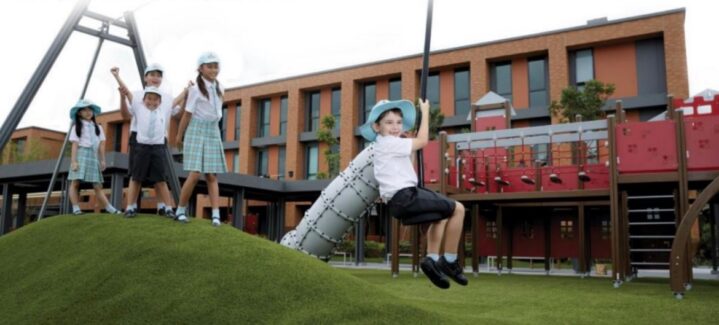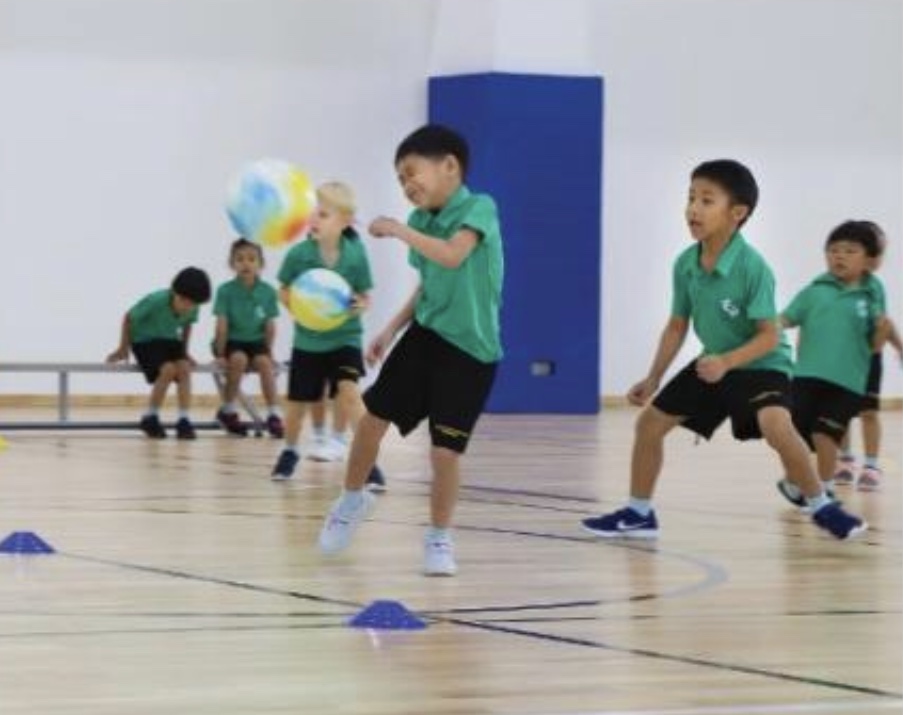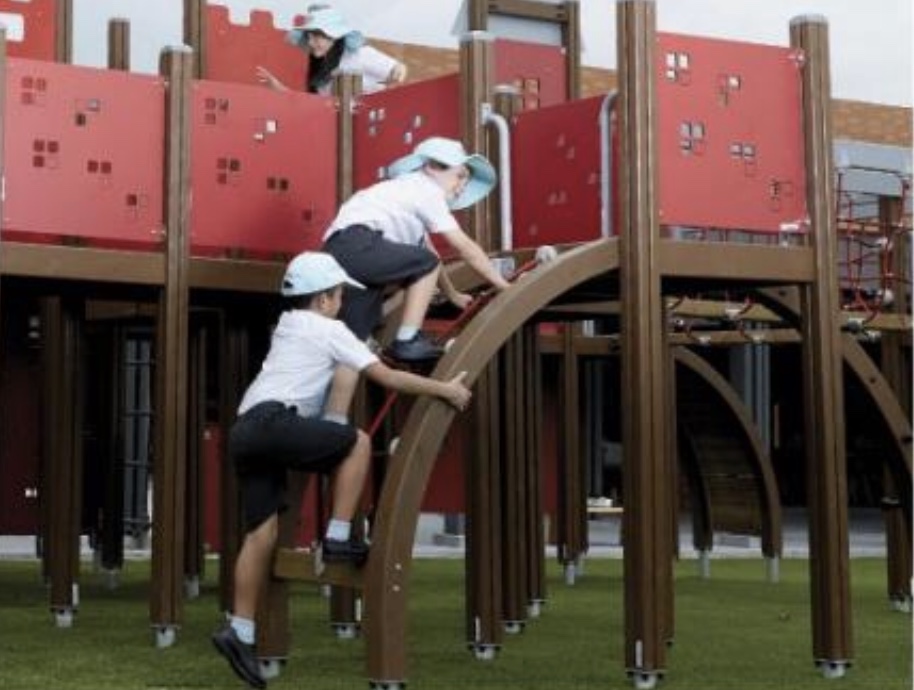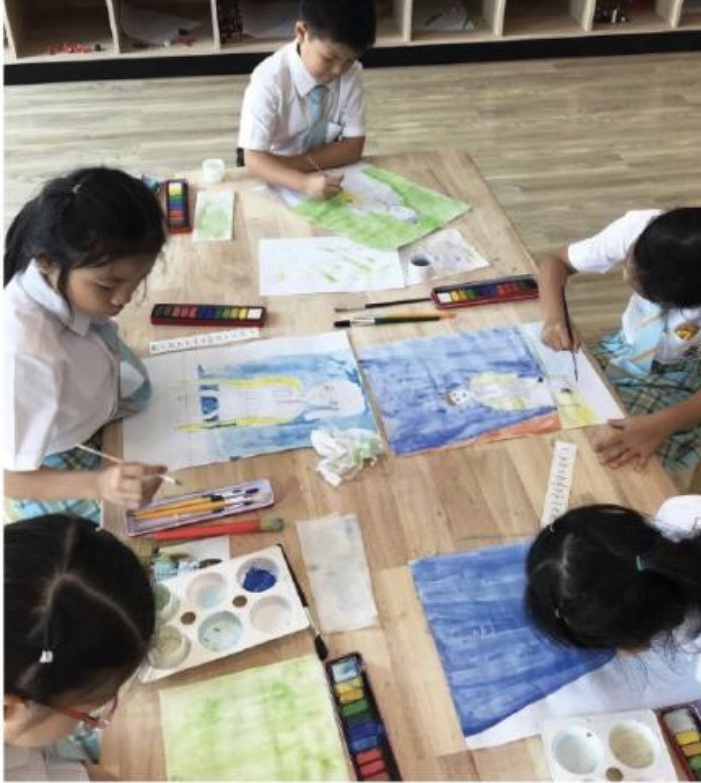
Little Things Now Make a Big Difference Later
Three things you may be stopping your children from doing that actually have a positive effect on their development
Get Hurt, Get Up
If i told that an early years setting was designed to be risky, there is a good chance they might be taken aback. But for us at wellington, it is a vital aspects of how we develop effective learners and happy successful adults.
Whilst serious injuries are of course to be avoided a few bumps and bruises are an unavoidable and a times beneficial part of childhood that teachers children how to manage real danger when they are confronted with it hence providing environment where children can take well managed physical risk is crucial for developing children’s sense of balance and understanding of their own body in space.
Even if providing environment with zero risk was possible it would not be as desirable as it may sound. While the school day would certainly be much easier for teacher over mitigation of risk can lead to children later seeking adventure and challenge in more reckless way and without the skills to cope.

Alternatively they may become overly compliant unadventurous and timid and ultimately miss out on important learning experience. When you take risk you generate new possibilities and opportunities. Without risk, children can stall in both in their learning and emotional development. The willingness to take risk is an integral part of the English National Curriculum and is identified as one the characteristics of an effective learner. It’s something at Wellington that we plan for and track. Adults in the setting act as experienced others who help children recognise and assess risk for themselves teach safe ways of doing things and also encourage a can do attitude and a positive disposition to adventurous play.
Climb On!
Children like to climb anything and everything and this trait lasts well into their teenage years. Whist this is one of those risk taking behaviours that can appear worrisome it is more important that it may seem.
Climbing increase upper and lower body strength develop core stability muscle control and balance when taking part in this activity. Whilst this is great for their overall physical health, these muscles are also the ones we focus on for the development of early writing. It is strong shoulders and core muscles that control small pencil movements and allow for stamina in this area. A strong grip like the one you get from hanging on monkey bars or pulling up while climbing is needed to build up sufficient fine motor strength used to form neat letters and numerals.

Climbing like crawling encourages both sides of the brain to work together and allows the pathways between the right side and left to be be strengthened. This is vital in all areas of life the stronger this is the better the brain works it also plays an important part in the development of writing. Until children can cross their right hand over to the left side of their body ( and vice versa) they are not ready to form letters. Educators call this crossing the mid line.

Imagine straight line vertically down the middle of your body. Young children’s brains operate the left side and right side of this independently from each other ( they put an object down with their hand before picking up with their left rather than passing from hand to hand). In order to perform many daily tasks efficiently we need to learn to cross over this invisible but very real line. Climbing is a fun healthy activity that naturally encourages this. So if you want to improve your children’s writing encourage them to climb!
Get Messy!
A dirty uniform at home time may make laundry a chore but it can also tell you a lot about what your child has been learning.
Investigation (or mud) kitchens water play, sand. paint, shaving foam, flour and host of other messy ingredients form the ‘Malleable’ areas in the Wellington early years classrooms. Aside from being loads of fun the sensory plays teaches children valuable lessons. It is a sociable activity best enjoyed with friends and offer bountiful opportunities for speaking listening as well as more sophisticated skills like negotiating and problem solving.
Messy materials often don’t behave in the way children expect so they gain valuable scientific and mathematical understanding as well as building concentration and resilience. There are opportunities for children to experience cause and effect. Too much paint has made a hole in the paper? Now they know about the different properties of materials and learnt to dry the brush a little more!

There is no end product in messy play it can be reworked and recreated over and over again it is ripe for invention. This encourages children to focus on the process rather than the finished product, allowing those who may be sensitive about failure or performance to build confidence. Our teachers praise children for their effort thinking and perseverance rather than for a perfect outcome thus building general skills and traits rather than replicating adult models.
So be brave. Be messy. For as the Duke of Wellington believed, Virtus Fortuna Comes!



